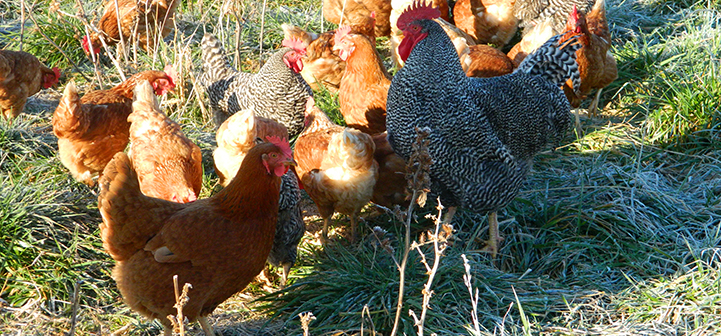Written by: Dr. Jacquie Jacob, University of Kentucky
Potato protein is a by-product of the production of potato starch. Potato starch is more common in Europe, where it is used in applications that in the United States would call for corn starch.
The effects of including potato protein in poultry diets are varied. Reach has shown that inclusion of potato protein in broiler diets can result in an increased incidence of subclinical necrotic enteritis. It is speculated that this increase is due to the presence of antinutritional factors in potato protein, such as high trypsin-inhibitor activity and low lipid content. Research has also shown that feeding potato protein to poultry has an antimicrobial effect in the intestines, reducing the level of coliforms, useful E. coli-like bacteria that serve as indicators of fecal contamination. In contrast, other research has suggested that potato protein can be used as an alternative to antibiotics in poultry diets. The different outcomes may be related to the types of potatoes used in the production of the potato proteins.
Until recently there have been no sources of organic potato protein so it was not available for use in organic diets in the United States, Canada or Europe. If available, organic potato protein could be used as a substitute for synthetic methionine, although the cost is very high making it not economically viable.

